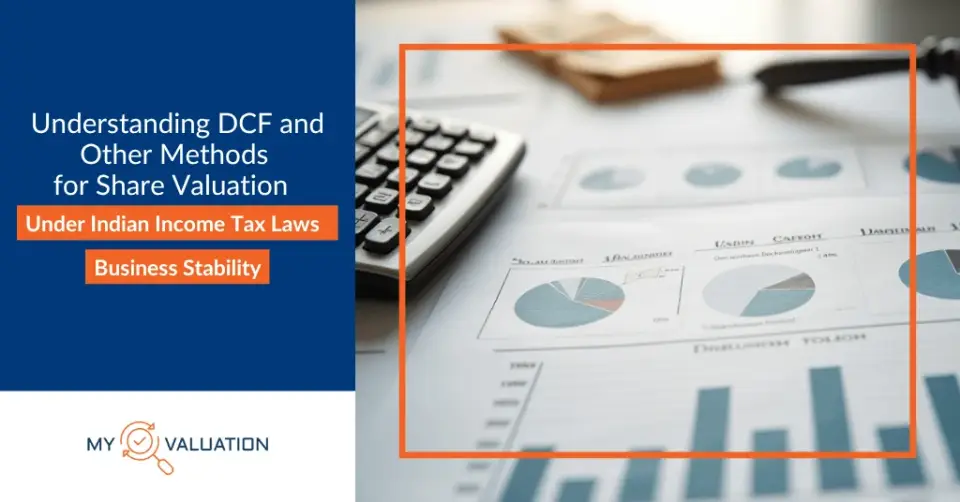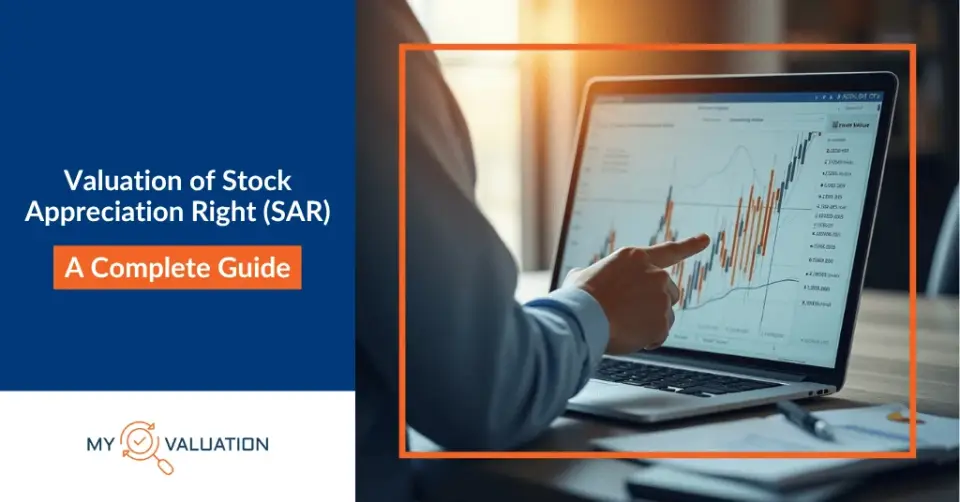Everything about Advisory Shares
Starting a business or a company is a great idea for sure. But the other side of the story is almost 95% of the start-ups fail to make it big and approx. 99% of the start-ups never get funded. The road to success and make your business market fit is long and continuous. The major reason for business or start-ups to get success or failure is the decisions one make. Not getting the decisions check and corrected is a very common limitations most of the start-up experience in their early stage.
To prevent this, a good option is to hire an experienced advisor for your start-up, who can provide you strategic decisions and advice. In this case also, if you want to have pure dedication from the advisor, a pay needs to be there in process for the advisor. The pay or salary for these advisors requires money and sometimes generally small companies do not have money to pay ahead.
In this scenario, advisory share plays a big part. Advisory share provides the companies and start-ups the ability and authority to provide the compensation in the form of stocks and shares to their advisors. With the help of this option, companies can work on their resources to acquire customers and the advisors can have something valuable in return for their expertise and advice to the company.
The biggest and most effective benefit of the advisory shares is that it helps creating better and stronger and continuous alignment between the start-up and advisor. Company succeeds bigger and it results into bigger payday for the advisors.
Let’s talk about what advisory shares are, how they work and what benefits they can bring to your company.
What are advisory shares?
Advisory shares are the share or stock options that are given or delivered to the advisors of the company. Mostly in the case of start-ups companies, they provide these shares as a compensation of advisor’s services. Some companies provide advisory shares to gain the confidentiality of the business advisors. To earn the grant of the advisory share, the advisors need to achieve a set of quantitative and qualitative measures which is tied with the agreement of share.
What type or class of shares are advisory shares?
There is a misconception in the market about the advisory share that it is a different share class or type. There is no such thing as share class for advisory or founder shares. Each share classes defined by the company or corporate secretary and they provide the rights and obligations of these share classes. Majorly companies put aside the pool of shares from their common equity shares for issuing to the advisors.
How advisory shares work in the company for the company?
There are no defined criteria of becoming an advisor, but usually the advisor is someone whose experience and expertise in form of advice can fill up the gap that company is trying to close and become successful and mature. Generally, the stockholder of these types of Advisory stocks are businessmen and entrepreneurs with a successful track record who can provide knowledge,
experience and strategies to the company in exchange of these company’s shares. In addition to the advice and strategies, these entrepreneurs provide pool of contacts who can boost up the company’s reach and network and boost their development. Acceleration to the company’s needs and growth is a sign of a good advisor.
Getting an advisor onboarded and engage should be accompanied by an agreement where all the rights and expectations between an advisor and company should be mentioned. This is a general term and in detail we can talk about it, probably in another article.
With the advisory agreement, advisors have the option on some of company’s share in future as well which is then tied to stock option grant. These stock options can be delivered in different percentages based on the participation and value that advisor has driven to the company. For an example, company has reserved 2% of the common stock for attracting advisors. Now each individual advisor is entitled to a different portion from this 2% in the alignment of the advisory agreement, based on the value delivered by the advisor, they can have different vesting rights on this company stock.
Advisor receives the percentage of the advisory shares and that is depend on the size of the company as well. Early-stage company does have a small valuation and established mature company have a larger valuation as it is successful and growing upscales. So, advisor would receive larger proportion of the company as per the valuation. The important part is to find and establish the overall value of the company and how advisor help or will help to drive the value of the company upwards and grow.
These are the major conditions for advisory shares to be delivered to the advisors. But, if we talk about other condition, when company is not formally launched, advisory shares can be issued to advisors not just for the expertise but to help the company secure financing as well.
This scenario seems safe and simple, but it also has its risk side as well. Like other investors of the company, advisors will own a portion of the company and they will have a part to play and be a part of directions and decisions of the company. More likely, the advisors will have more knowledge of the company and more influence as well. So, you must take your time to search and choose the right and correct advisor and pitch them to get onboard with you.
Advisory shares get diluted? – Know the fact
Let’s clarify one thing. The ownership or percentage of the shares an individual or company holds in a particular company change and fluctuates over time. Once the company starts growing, more shares issued to all the segments of the company such as employees, advisors, investors and partners. So, there are more people gets involved in the share contribution.
As mentioned above, with every new share issued, relative ownership of the share in the company gets smaller and in common language that is called dilution. The value of the ownership of the shares continues to appreciate and you don’t need to worry about the dilution if the company is having an up round. This is serious issue when the company is a down round.
Now, let’s talk about the main differences between advisory shares and other shares.
Myths about Advisory Shares vs. Common Equity Shares
- It is incorrect that advisory shares are the option to purchase the shares. The stock option converts into a grant when the vesting conditions are
- Unlike equity shares, advisory shares are for the company’s advisors, and advisors do not necessarily own a part of the company. Where other shareholders usually the people who own a part of the company. — Incorrect. There is no standalone different share class for advisory shares. They would carry same rules and regulations of the share class defined by the corporate
- Both advisory shareholders and equity shareholders has the right to vote within the There are no rules that advisory shareholders cannot vote. Once the stock options converts into share, these shares have the same rights and obligations as the share class. Who can vote is defined by the voting rights of the share class. The most famous and easiest to understand example of common shares is Facebook. When FB went public, the founder of Facebook – Mark Zuckerberg’s shares were a common share class but it has upper hand with 10X voting rights compared to other common share classes.
- The common misconception is advisory shares are given to advisors for their expertise and common shares are available in the market for purchase. Both common and preferred shares are traded in the public Specific share class gets the listing on stock
exchange. It’s very common that a company may have more than one listing.
- It is incorrect to say that advisory share owners do not have any influence on the company’s decisions and the equity share owner have the right to speak up in different business Legally, as per the agreement, advisory share owner will have the rights based on their proportion in share ownership. Advisor’s voice will have even more impact and importance than other shareholders and investors as advisors are more involved with the business.
Major Benefits of Advisory Shares
I. Keeps cash in the company
Start-ups have limited resources and in compare to their resources their requirement of advice is much higher. It helps company to have an extended run room if they preserved the cash in the company. At the same time, finding and attracting the right advisor can have a motivating impact on the company.
Giving cash – payment now to advisors, it is better to provide the advisory shares as it allows companies to defer the compensation in a later date. Delayed pay surely make it more expensive but it can bring the much-needed benefits to the company in present day.
II. Actions could encourage an advisor to work harder on the company
After owning advisory shares in a company, an advisor will want the company to work on its progress and do well in the market as it will increase the value of his shares in coming future. That will give him more money in return. This encourages many advisors to give a pool of contacts to the directors of the company, which will let them boost the development and network growth of the company. Many times, advisor becomes the first investor in the company as well, as they are familiar with day-to-day progress of the company.
III. Taps into an extended network
As the experience market person and business entrepreneurs, advisors usually are highly connected and have a large pool of contacts. Just like you are working hard finding right advisors, advisors work hard to find the right company. With the advisor getting onboarded, the credibility of the advisors comes along to the company. That is why many start-ups wiling to disclose the names of their advisory board.
Examples of Advisory shares
Let’s start with the example.
Company X is new start-up, and it is offering cloud services. It has reach to a certain standard. Now, founders are trying to have more capital to hire more talent. But, on the other hand investors are backing of as the growth is slowed down and steady.
So, the directors and founders had meeting to find out the alternative to this situation. One of the founders suggested to contact the entrepreneur but entrepreneur who has the vast experience in this market and who can help in strategic guidance and advices.
But, then also the problem was money as entrepreneur will not work for free. Then other founder suggested to offer an advisory share the entrepreneur with a vest of 50% after 1 year, 25% percent after 2 years. Other liked and supported the idea and decision is to look for entrepreneur who can fill up the place of advisor.
On the other hand, there is company Y, unlike company X, company Y has a large customer base and is extremely successful and mature. One of the founders has almost 20 years of experience in the market and he has worked in many companies which is similar to work offering of company X.
The founder of company X contacted the founder of company Y and have demonstrate the scenario they currently have in their company X. They have asked the founder of company Y to share his experience and expert advice and in exchange to that he can have 0.5% of the company as advisory share with vesting over 3 years.
The entrepreneur of company Y, decides to accept the offer after reviewing the whole situation and agreed to advise the company X for a period of 3 years.
After signing advisory agreement, entrepreneur of company Y start having the meetings and discussions with board of directors to get fully aware of the company’s situation. The advisor started giving advises on how to improve the product and services and also provided some pool of contacts that might be interested in company X’s services.
Company X begins to develop better quality product and services and they increase their customer base as well. Seeing the value of the company rising, investors and advisors started taking interest in the company as well. Company X then raised new financing and that improved the company’s liquidity and revenue. That gave company a much-needed push of capital to start their R&D and drive customer acquisition.
Conclusion
Starting your company is full of risks and opportunities. It is up to you how you manage to handle the risks and avoid it and seize the opportunity that comes to you. Getting an advisor onboarded can help you accelerate your growth while avoiding the risks which can be blockage on the road to success.
Contact us now, and get in-depth idea and knowledge about the market valuation, start-up valuation and how to search advisor for your company or start-up and how you can evaluate the advisor share class and define the rules and obligations based on your company profile.
Visit our site to learn more about our valuation services and other aspect of start-up valuation: https://myvaluation.in/




